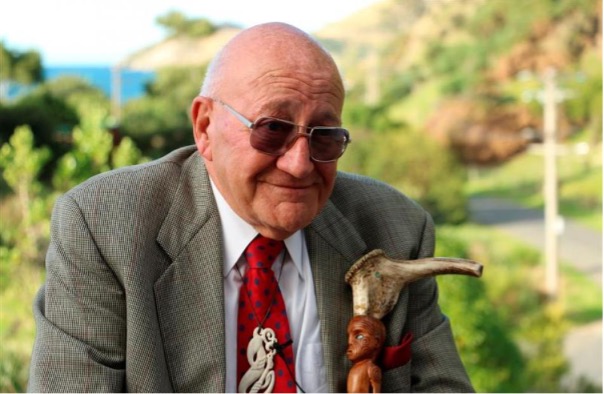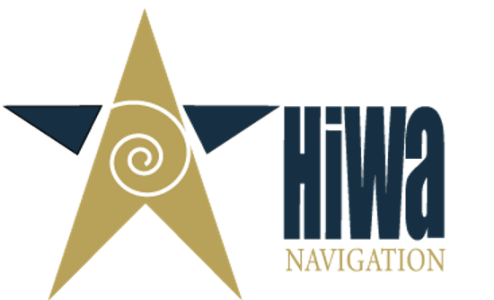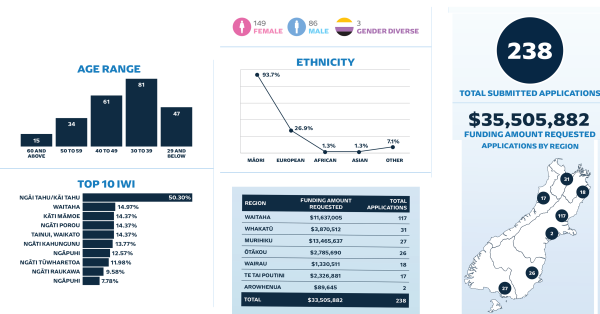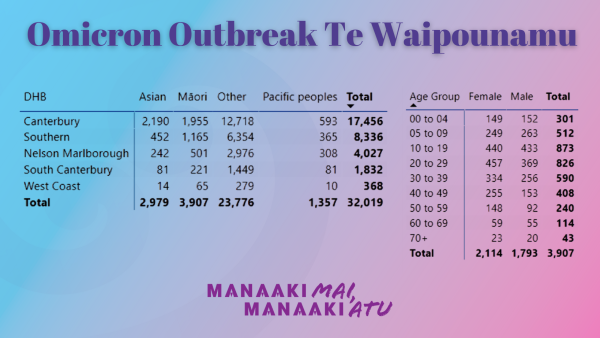LOGIN:
“the illiterate of the 21st century will not be those who cannot read and write but those who cannot learn, unlearn and relearn.”
Futurist Alvin Toffler once said: “the illiterate of the 21st century will not be those who cannot read and write but those who cannot learn, unlearn and relearn.”
I’ve been thinking about the ‘great growling engine of change – technology as my team achieved the sweet victory this week of dragging me out of the dark ages into the days of Docusign. Their powers of persuasion were well-honed: “whānau have the ease of signing their documents from any device,” “the documents are encrypted so a comprehensive audit trail is achieved,” “it can be immediate – no delays while we wait for the courier to deliver.”
Call me old-fashioned, but I just like the sensation of signing in my best blue ink; initialling each page; investing in each word that has been so carefully negotiated. To me, it’s the difference between a quick text “happy birthday” and a lovingly crafted message on a Hallmark card. It’s how we show we care.
Well, that was what I thought until Eli Maiava from Whare Manaaki o Te Tai Poutini sent us a message: “Just wanted to say, what a fantastically easy way to process a contract, saves a lot of hassle on our end of going to get it printed, then signing and going to the store to get it rescanned to email back! The old process often took us a couple of days to get it all sorted, this was great!”
Thankfully I am working remotely from home this week so I wasn’t able to hear the cheers of satisfaction or to witness the smug smiles of those kaimahi whom I am sure wanted to say, just quietly, “we told you so.”
So yes, I’ve learnt to unlearn and to relearn…caring comes in different ways – it doesn’t always require a ballpoint pen or a personalised signature. It can be just as caring to make processes easier; to keep the negotiations captured within our respective inboxes; to be able to sign off an e-agreement and then get going to make the difference we need to see.
In our second symposium, in June 2017, Tā Tipene O’Regan and his daughter Dr Hana O’Regan were the keynote speakers to open our forum. The theme of that symposium, Wahia, Haea, Rotua, challenged us to clear the decks to bring a spark back to our lives. It was a call to action in every sense.
Last night, Tā Tipene was awarded the ultimate honour – New Zealander of the Year. His legacy work as leading the chief negotiator, Te Kerēme (the Ngāi Tahu Claim), was ground-breaking, culminating in the Ngai Tahu settlement. He served on the Ngai Tahu Māori Trst board for 22 years, and was chair for 13 of those years. He was the founding chair of the Treaty of Waitangi Fisheries Commission; he served on the New Zealand Geographic Board for 28 years. If you ever travel with Tā Tipene it will be a rare privilege – every corner in the road, every stream a landmark to an incredible personal archive of history and ethnology.

Owning and controlling our own knowledge base is at the heart of our capacity to disseminate that heritage.
We could not be prouder that this remarkable man has been recognised for his epic contribution to our nationhood. He is a formidable scholar, a prolific writer, a charismatic orator, an inspirational storyteller. His call to action to us all is that we must remember to remember.
In the biography of Tā Tipene in the cultural mapping project, https://www.kahurumanu.co.nz/ Tā Tipene spoke to this call
“Owning and controlling our own knowledge base is at the heart of our capacity to disseminate that heritage. This does not mean that our knowledge base is exclusively ours and should not be shared with others. But we are the primary proprietors of our own story, our own heritage and our own cultural identity. That proprietorship is a fundamental expression of our rakatirataka. We do not exist for the benefit of universities – the reverse is the case – they exist for our benefit.”
This week, our evaluation of Wave 11 initiatives has been completed. There were 30 entities that received funding in Wave 11.
Across Wave 11 the evaluation noted the following tangible outcomes, that Wave 11 has:
Much of what is highly-valued by whānau is intangible, such as the impact of social connection, aroha, manaakitanga and kotahitanga. While we know these outcomes are present, their value is difficult to measure.
Bringing about long-term, inter-generational change requires social connection; a common purpose underpinned by manaakitanga, kotahitanga and rangatiratanga (Savage et al., 2017). The relationships and connections that are built within and between the entities are important outcomes and significant levers for social change.
One of these initiatives featured in the evaluation is Hiwa Navigation.
Based in Dunedin, Hiwa Navigation is motivated by the vision of equitable access to specialist sexual abuse counselling. Their focus is Sexual Abuse, Alcohol and Drug, Family/Whānau violence, Art Therapy, Equine Therapy, Trauma Sensitive Yoga, Rongoā, Grief and Loss, Trauma Informed, Relationship Counselling, Group and Individual sessions, Family /Whānau counselling.
The evaluation referred to one case study as an example of whānau self-determination:
“One example is a woman reconnecting with her whānau after years without contact. She has recognised the trauma of past actions and is shifting to a different geographical area where her whānau live to try and work out things with them.”

This week our independent assessment panel has been meeting to consider the applications that have been put forward for Wave 16. It has been fascinating to see the composition of the application group – of the 238 applicants, 117 come from across Waitaha; with numbers fairly evenly spread also across Murihiku; Ōtākou; Wairau; Whakatū and Te Tai Tai Poutini. Have a look.

Tama tū tama ora, tama noho tama mate! Whānau, we are excited to welcome applications for our Tama Ora fund, designed to encourage rangatahi and tamariki to get active and build healthy habits for life. Delivered in partnership with Sport New Zealand, Tama Ora can support individuals and groups with up to $20,000 to create a kaupapa that will keep our kids moving. Check out the video for some inspiration, and visit our website to apply now. Applications close 29 April 2022: https://www.teputahitanga.org/what-we-do/funding/tama-ora/
What we have been seeing in the past ten days is a significant spike in cases in Te Waipounamu, particularly in Waitaha. Within the increase, the number of tamariki Māori aged 5-11 years still to receive either a first course or second dose of vaccination in Waitaha is significant:

Te Pūtahitanga o Te Waipounamu has responded to this demographic profile by funding to enable wraparound holistic support for whānau to ensure they have a plan for Omicron, can get tested and know how to access care in the community if needed. Particular priority has been given to responses that focus on tamariki, rangatahi, mental health, tangata whaikaha and/or rural communities.
The decisions have now been made about initiatives under this fund. Seventy-five Whānau Ora entities have been selected for investment. Some of the priorities include:
We are delighted to announce a new funding opportunity, Tai Neke, Tai Ora, that will run from Monday 4 April until Friday 22 April 2022, and the application form will be available on our website.
This is an opportunity to build upon the heroic work that Navigator Tinana entities have been doing over the past six years, and to ensure the future of this funding stream through a robust and inclusive application process and reporting to Te Puni Kōkiri.
Tai Neke, Tai Ora will be open to all of our existing Navigator Tinana partners and the wider Whānau Ora community. We are seeking applications that will continue to deliver the amazing outcomes of Navigator Tinana, as well as expand further into all areas of Te Whare Tapa Whā.
Ka whati te tai, ka pao te torea. As the tide recedes the oystercatcher strikes.